Regional Headquarters, Jamaica, June 1, 2020. The following statement is issued by Professor Sir Hilary Beckles, Vice-Chancellor of The UWI, President of Universities Caribbean, and Chairman of the CARICOM Reparations Commission.
Martin Luther King Jr, when he felt he could not breathe came to Jamaica. When the threats to his life were constant and closing in […]


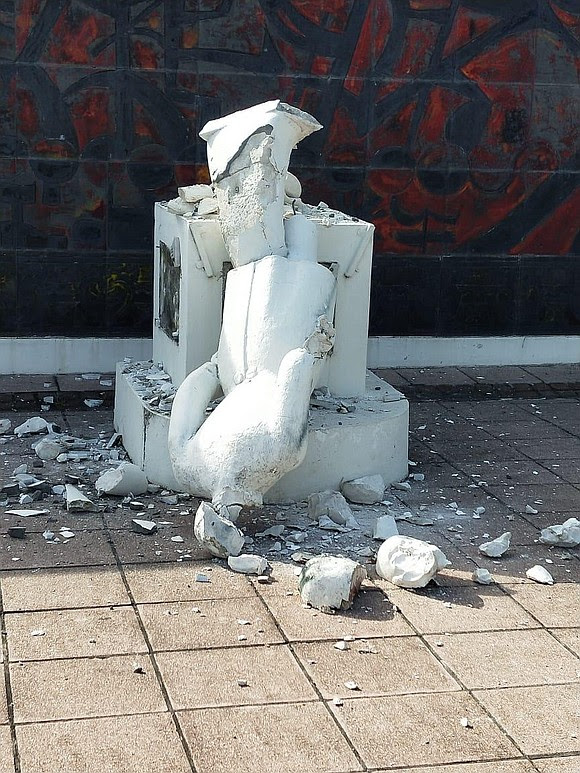
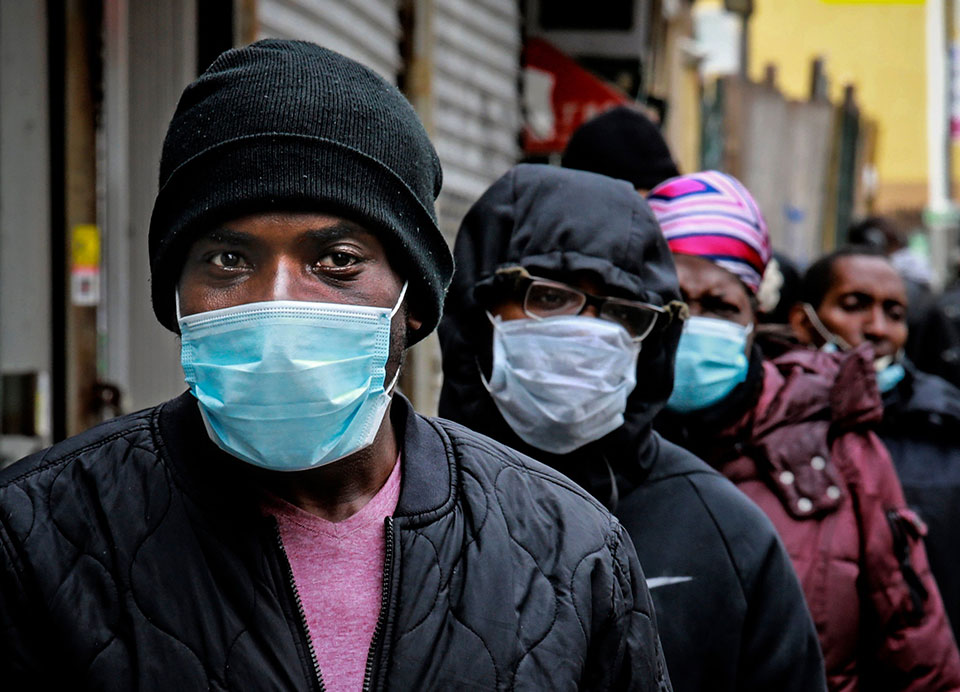
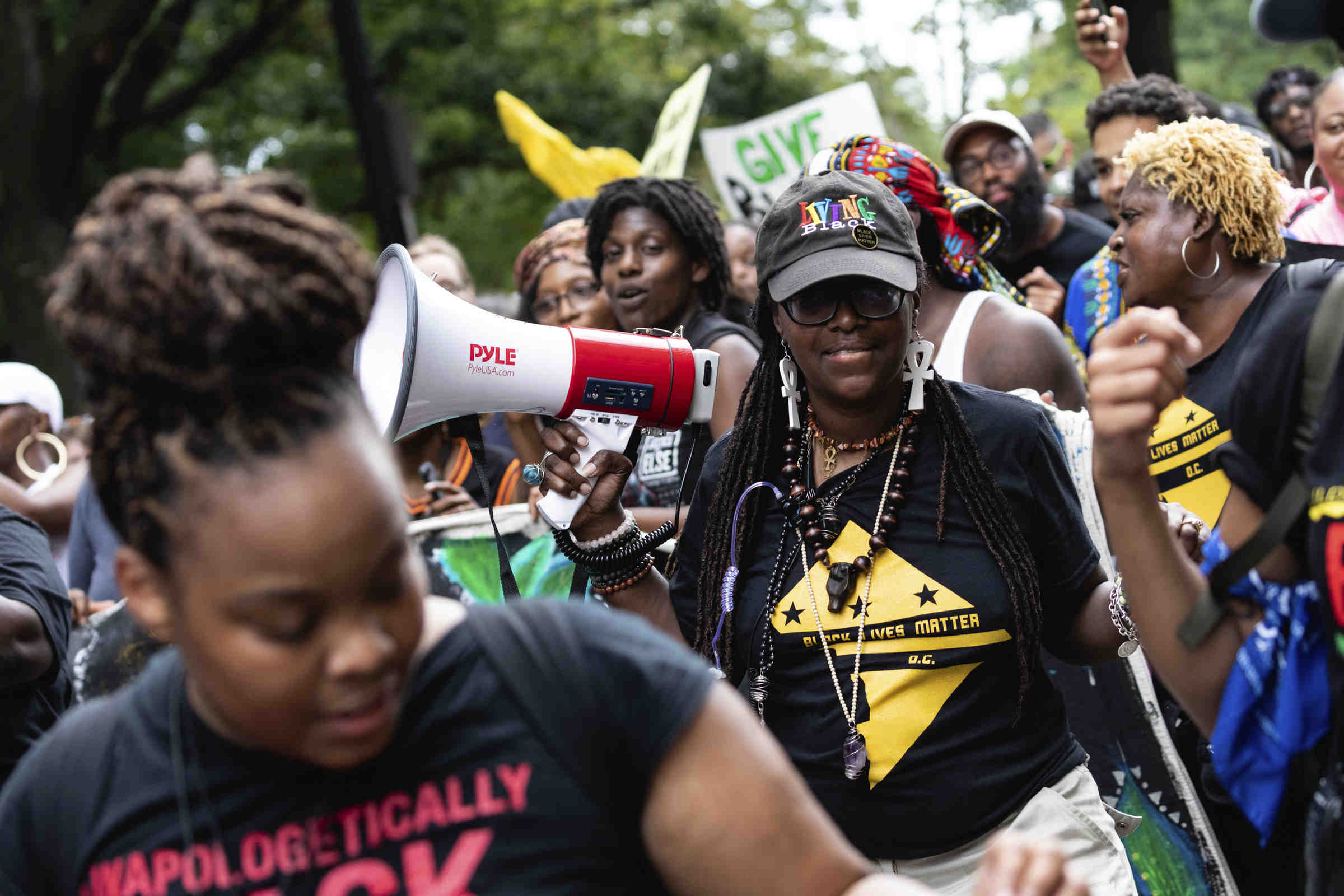
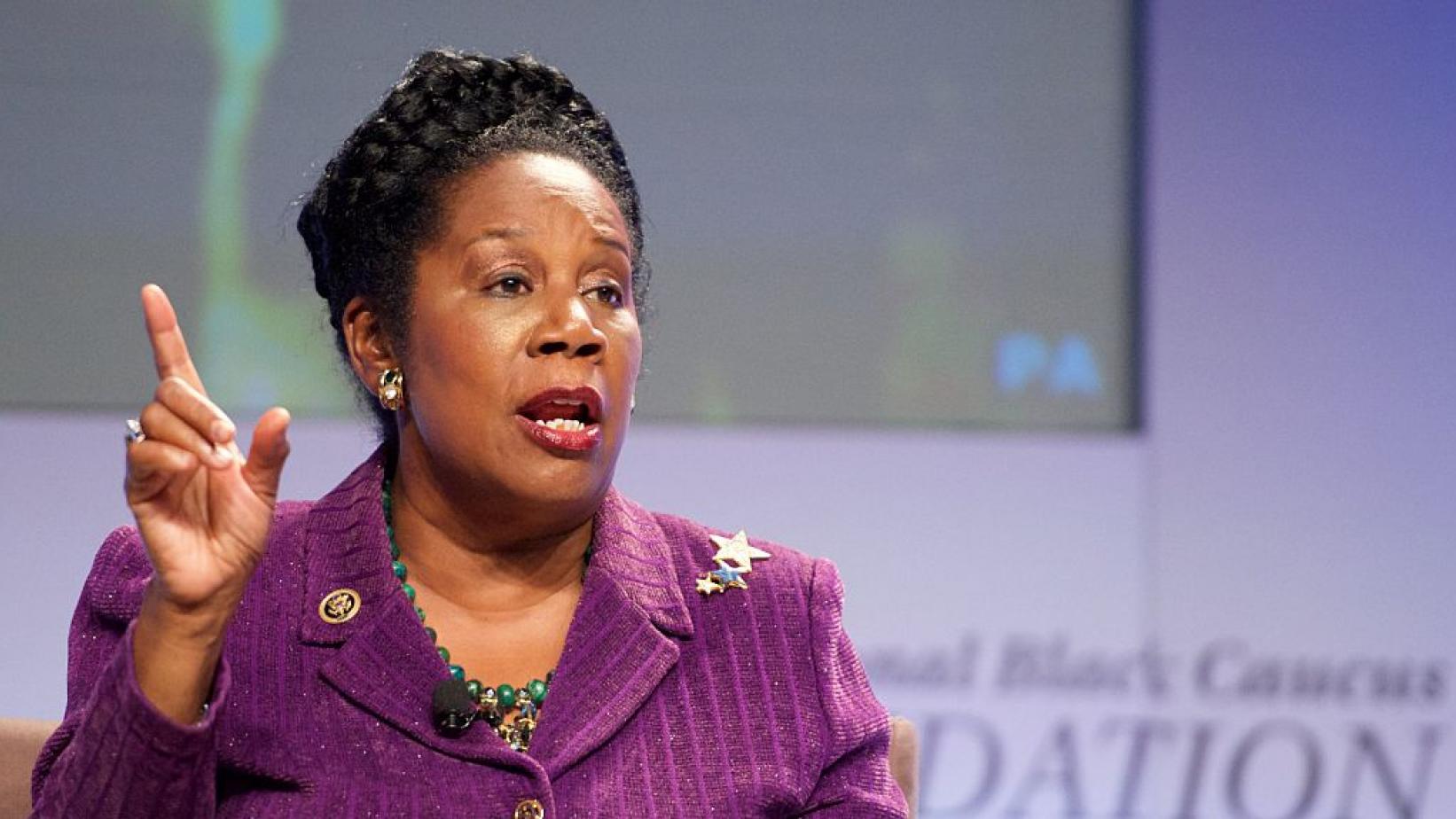
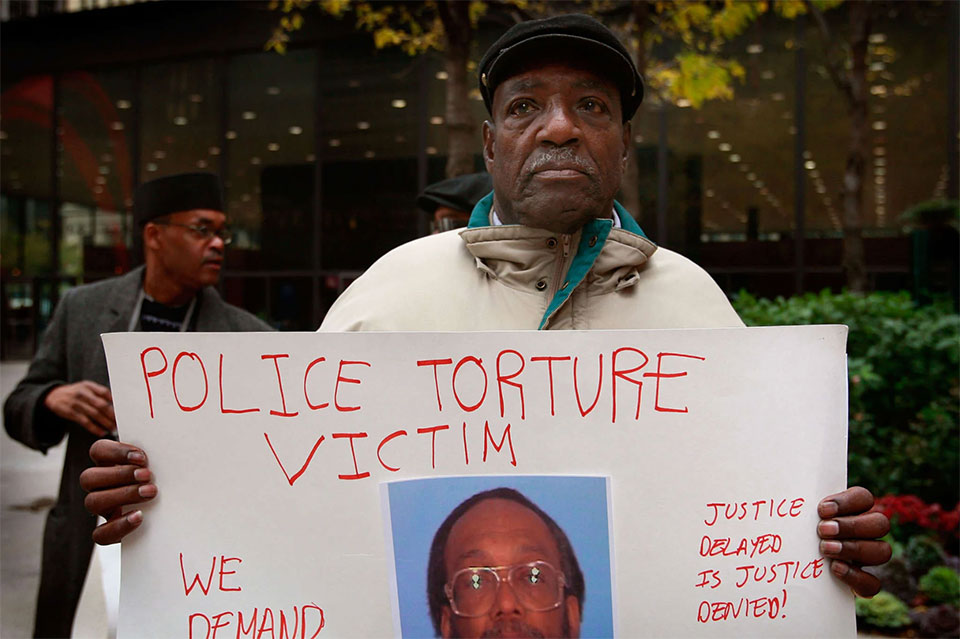
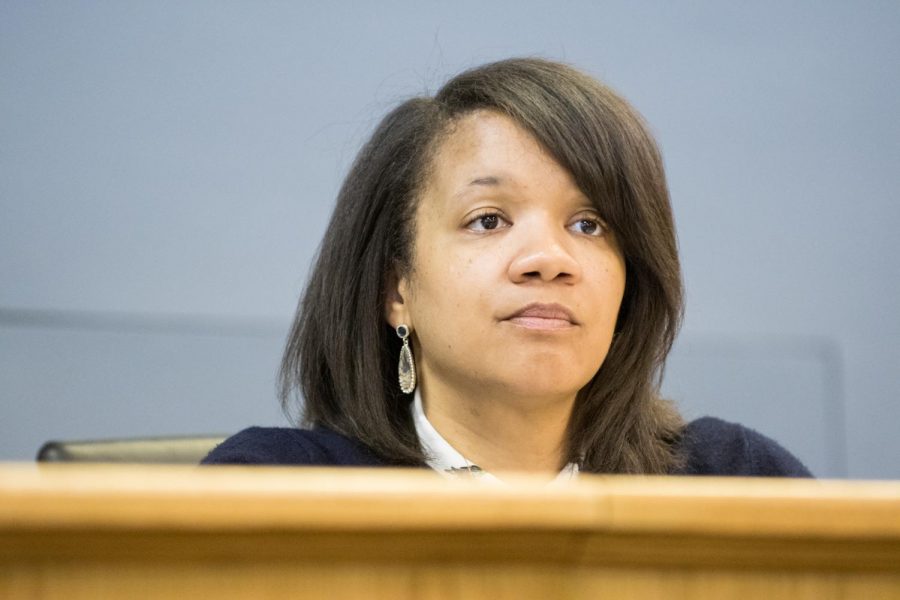
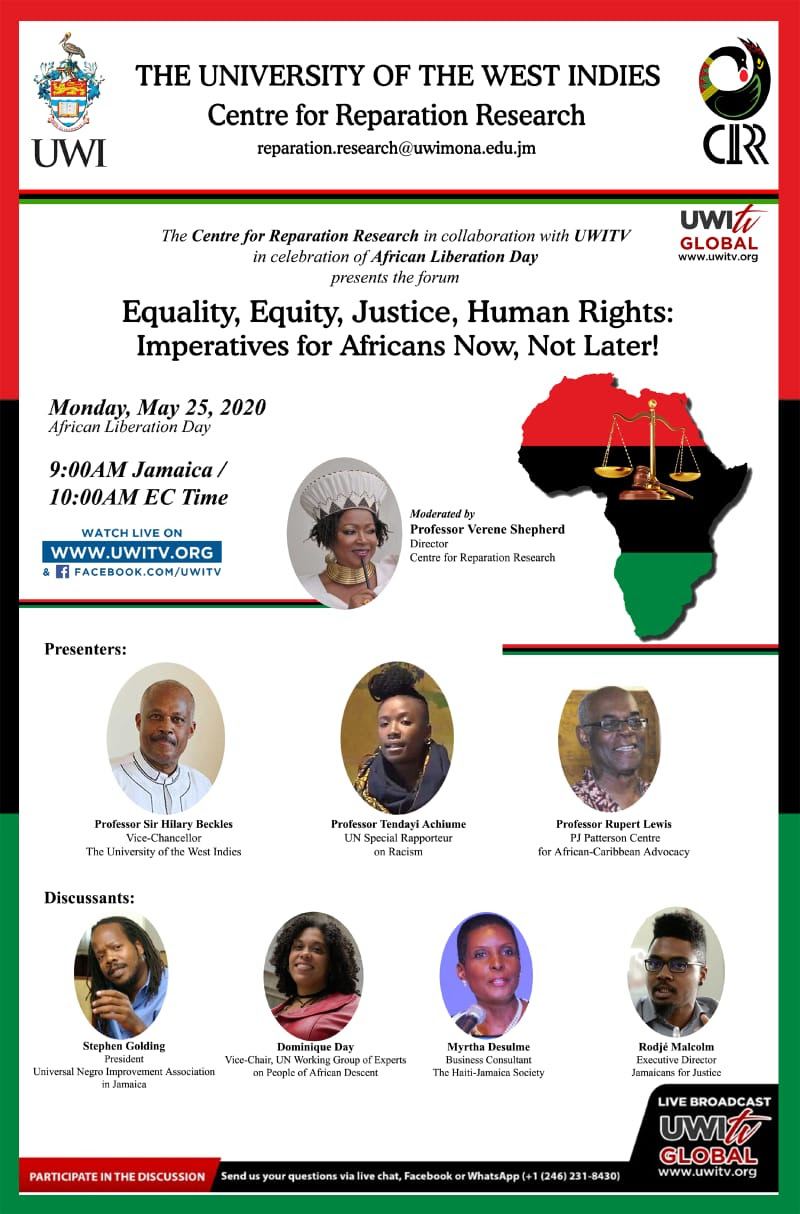



You must be logged in to post a comment.